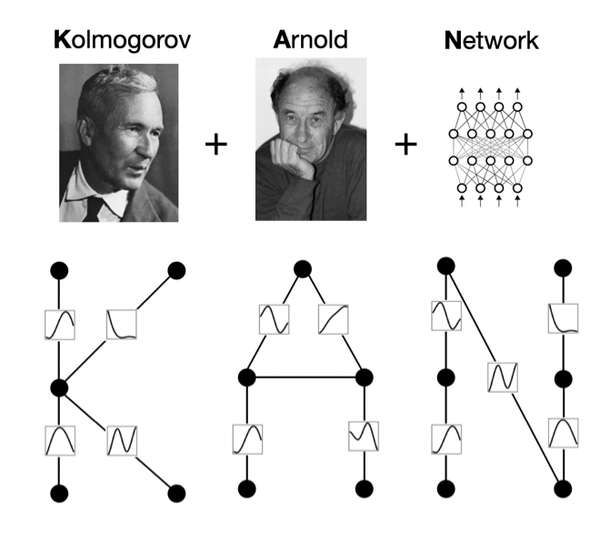The world of Artificial Intelligence (AI) keeps evolving at a rapid pace, and with each new development, it brings forth an abundance of exciting possibilities. ChatGPT, the advanced language model developed by OpenAI, is no exception. In a game-changing move, ChatGPT now supports plug-ins that enable it to tap into new sources of information, including the web and third-party sites like Expedia, Instacart, Zapier, and Wolfram Alpha. This exciting update promises to revolutionize the way users interact with AI and expand the potential applications of ChatGPT across various industries.
we are starting our rollout of ChatGPT plugins.
— Sam Altman (@sama) March 23, 2023
you can install plugins to help with a wide variety of tasks. we are excited to see what developers create!https://t.co/NQ684Yp2LK pic.twitter.com/m7b6vJrj5D
What Are ChatGPT Plug-ins?
ChatGPT plug-ins are essentially extensions that allow the language model to access and interact with a wide variety of external data sources and services. These plug-ins enable ChatGPT to fetch real-time information, making it a powerful tool for users who want to leverage AI to streamline their tasks and enhance their decision-making process.
Here's a closer look at some of the plug-ins that have been integrated into ChatGPT:
- Expedia: Travel planning has never been easier. The Expedia plug-in allows ChatGPT to search for flights, hotels, and vacation packages in real-time, providing users with personalized recommendations based on their preferences and budget.
- Instacart: The Instacart plug-in enables ChatGPT to assist users in their grocery shopping by finding the best deals, suggesting meal plans, and even placing orders on their behalf.
- Zapier: As a powerful automation tool, the Zapier plug-in allows ChatGPT to integrate with thousands of apps, streamlining workflows and automating routine tasks for users across various platforms.
- Wolfram Alpha: Known for its prowess in computational knowledge, the Wolfram Alpha plug-in equips ChatGPT with an immense database of factual information and the ability to perform complex calculations, making it an invaluable tool for students, researchers, and professionals alike.
The Impact on Industries
The integration of these plug-ins with ChatGPT has far-reaching implications across multiple industries. Some of the key areas where ChatGPT can now make a substantial difference include:
- Customer Support: ChatGPT can be used as a virtual assistant, providing real-time support to customers by answering their queries, processing transactions, and even troubleshooting issues.
- Education: With access to a wealth of information and computational power, ChatGPT can serve as an intelligent tutor, helping students understand complex concepts and solve problems in various subjects.
- E-commerce: ChatGPT can enhance the online shopping experience by providing personalized product recommendations, answering product-related questions, and even assisting in the checkout process.
- Marketing: By integrating with numerous marketing tools, ChatGPT can help businesses automate their email campaigns, social media posts, and content creation efforts.
- Health and Wellness: ChatGPT can support users in tracking their fitness goals, providing nutrition advice, and even offering meditation and stress-relief techniques.
Explore more:

The introduction of plug-ins to ChatGPT opens up a world of new possibilities and applications. By connecting to a vast array of data sources and services, ChatGPT becomes an even more powerful and versatile AI tool that can be used to streamline tasks, improve decision-making, and enhance the user experience in various domains. As AI technology continues to evolve, we can only expect more groundbreaking advancements that will shape the way we live and work in the future.
We research, curate and publish daily updates from the field of AI.
Consider becoming a paying subscriber to get the latest!









